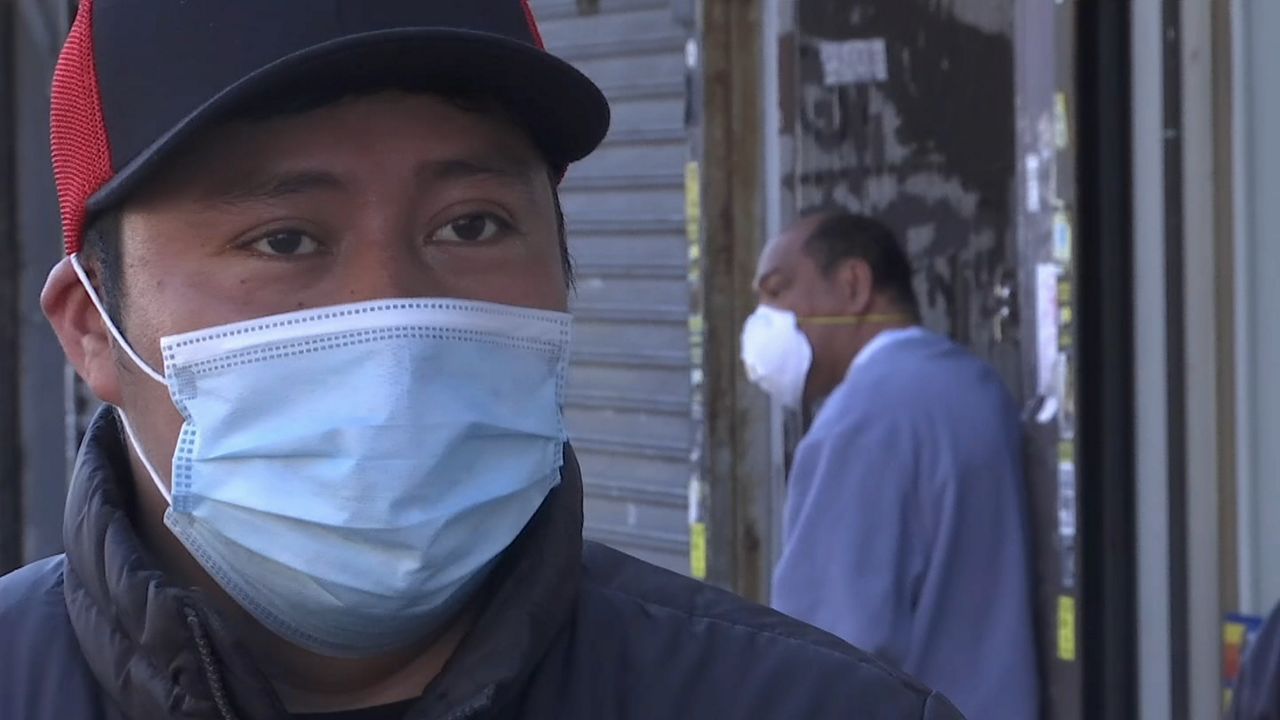Allianz pension report 2020 the silver swan
By Allianz Even before the Covid-19 outbreak, societies were becoming more and more fragmented over several social fault lines: culture, education, wealth, place of residence. Many of these overlap: The cosmopolitan, well-educated, wealthy people live in (big) cities, whereas more conservative, low-skilled workers tend to live in the periphery. There is, however, one important social fault line that cuts through all these identities: the generation gap. With demographic and climate change (and now the coronavirus pandemic), the generational...






